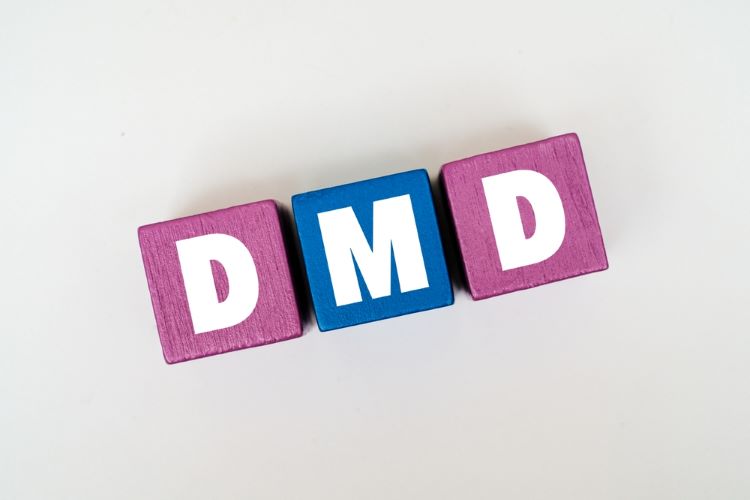Duchenne gene therapy interim trial outcomes “striking”
Posted: 6 June 2025 | Catherine Eckford (European Pharmaceutical Review) | No comments yet
The gene therapy demonstrated consistent evidence of positively changing disease trajectory in Duchenne muscular dystrophy, new interim data shows.


New positive interim trial data has demonstrated that a potential best-in-class gene therapy can provide meaningful functional improvements in Duchenne muscular dystrophy.
These new findings are from the Phase I/II AFFINITY DUCHENNE clinical trial for RGX-202.
With a differentiated microdystrophin construct, the treatment can encode key regions of naturally occurring dystrophin, including the C-Terminal (CT) domain. It is the only Duchenne gene therapy approved or in late-stage development with this design, REGENXBIO Inc. explained.
Interim data highlights for RGX-202
Functional data from the trial demonstrated consistent benefit in participants at nine- and 12 months who were given dose level 2 of RGX-202. For example, a new two-year-old participant achieved an RGX-202 microdystrophin expression level of 118.6 percent compared to the trial’s control.
Four of the five participants reached 12-months post dosing. Outcomes were similar to those seen at nine months, the new interim data showed. These findings are from the first five participants, aged approximately six to 12 years at dosing, who were given RGX-202 at dose level 2.
Potential of the gene therapy for Duchenne muscular dystrophy
These findings suggest “that the microdystrophin expression observed with RGX-202 is leading to meaningful functional improvements, even in individuals with [Duchenne muscular dystrophy] who are expected to experience functional decline,” explained Dr Aravindhan Veerapandiyan, Arkansas Children’s Hospital. The new data “demonstrating functional improvements and favourable safety profile, underscore the potential of RGX-202 as a treatment option for individuals with [Duchenne muscular dystrophy].”
“At the same dose being used in the pivotal trial, RGX-202 participants exceeded natural history across all key measures, including the North Star Ambulatory Assessment, which is striking”
“At the same dose being used in the pivotal trial, RGX-202 participants exceeded natural history across all key measures, including the North Star Ambulatory Assessment, which is striking,” stated Dr Steve Pakola, Chief Medical Officer of REGENXBIO. “We are particularly encouraged by the outperformance observed in older patients”.
Dr Pakola shared that the trial is anticipated to support a Biologics License Application (BLA) submission for the gene therapy under accelerated approval in mid-2026. Top-line data is expected in H1 of 2026.
Related topics
Biologics, Biopharmaceuticals, Clinical Development, Clinical Trials, Data Analysis, Drug Development, Drug Safety, Gene therapy, Industry Insight, Research & Development (R&D), Therapeutics









